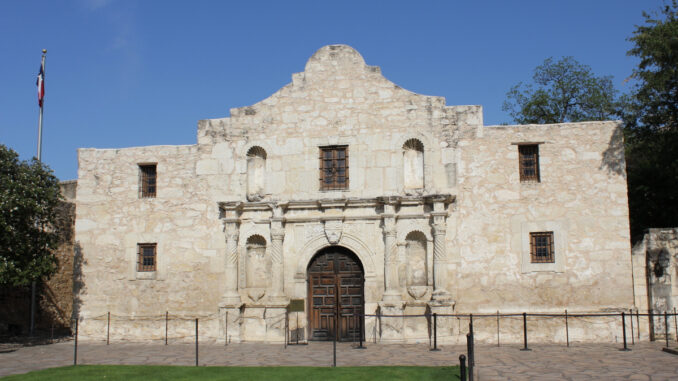
(The Center Square) – Bars are closed and Texas restaurants cannot exceed 50 percent of their seating capacity beginning Monday, down from 75 percent as the number of coronavirus cases in the state continues to climb.
Gov. Greg Abbott issued the new executive order Friday, noting the rise in cases and hospitalizations of COVID-19 patients.
The order closed all bars and similar establishments that receive more than 51 percent of their gross receipts from the sale of alcoholic beverages. These businesses may remain open for delivery and take-out, including delivering alcoholic beverages, as authorized by the Texas Alcoholic Beverage Commission.
The Texas Bar and Nightclub Association has threatened to file a lawsuit against the state over the order.
Abbott’s order also closes rafting and tubing businesses, and all outdoor gatherings of 100 or more people must be approved by local governments, with certain exceptions.
“We want this to be as limited in duration as possible,” Abbott said Friday when issuing the order. “However, we can only slow the spread if everyone in Texas does their part. Every Texan has a responsibility to themselves and their loved ones to wear a mask, wash their hands, stay six feet apart from others in public, and stay home if they can. I know that our collective action can lead to a reduction in the spread of COVID-19 because we have done it before, and we will do it again.”
Abbot came under fire from Republicans and business groups when his initial orders that closed businesses he deemed nonessential led to massive layoffs and unemployment claims statewide.





